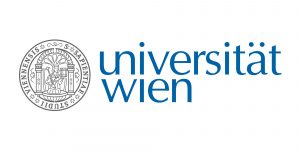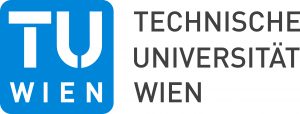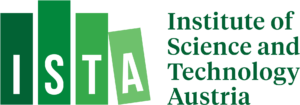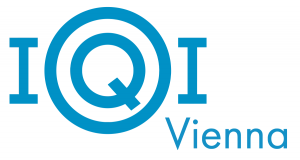Institutions
UNIVERSITY OF VIENNA
The University of Vienna was founded in 1365 and is one of the oldest and largest Universities in Central Europe, with more than 90,000 students and 6,900 academic staff. Research and teaching cover a broad range of topics in the realms of theology, law, social sciences and economics, engineering sciences, humanities and cultural studies and natural sciences.
The University of Vienna is associated with 16 Nobel Prize winners (e.g. Anton Zeilinger, Erwin Schrödinger, Victor Franz Hess) and has been the academic home of a large number of figures of both historical and academic importance (including Ernst Mach, Ludwig Boltzmann, Lise Meitner, Josef Stefan). The University of Vienna ranks among the Top 150 Universities of the World (QS and THE Rankings).
Vienna University of Technology
The TU Wien was founded in 1815 as the Imperial and Royal Polytechnic Institute. Now known as the Technical University or TU Wien, its motto is „Technology for people“. Research and teaching at TU Wien are focused on five focal areas, one of which is Quantum Physics and Quantum Technologies. Research is carried out on an interdisciplinary basis and the research spectrum is constantly being developed. A major objective for TU Wien is to give all members an equal opportunity to realise their potential. For this reason, equal opportunities are promoted, in particular for women, who are traditionally under-represented in technical fields.
ISTA Austria
The Institute of Science and Technology Austria (IST Austria) is a PhD-granting research institution dedicated to cutting-edge research in the physical, mathematical, computer, and life sciences. IST Austria was established in 2006 by the Federal Government of Austria and the Government of Lower Austria. The campus opened in 2009 in the city of Klosterneuburg, on the outskirts of Vienna. The Institute was founded based on a set of principles that were first formulated by Haim Harari, Olaf Kübler, and Hubert Markl, who distilled them from the most successful systems and ideas in the world for the governance of research institutes.
Austrian Academy of Sciences
The Austrian Academy of Sciences (OeAW) is Austria’s largest non-university research and science institution. Its statutory mission is to “promote science in every way”. Founded in 1847 as a learned society, today the OeAW has over 760 members and 1,800 employees dedicated to innovative basic research, interdisciplinary exchange of knowledge and the dissemination of new insights with the aim of contributing to progress in science and society as a whole.
About • Members • Institutions • Contact • Imprint
